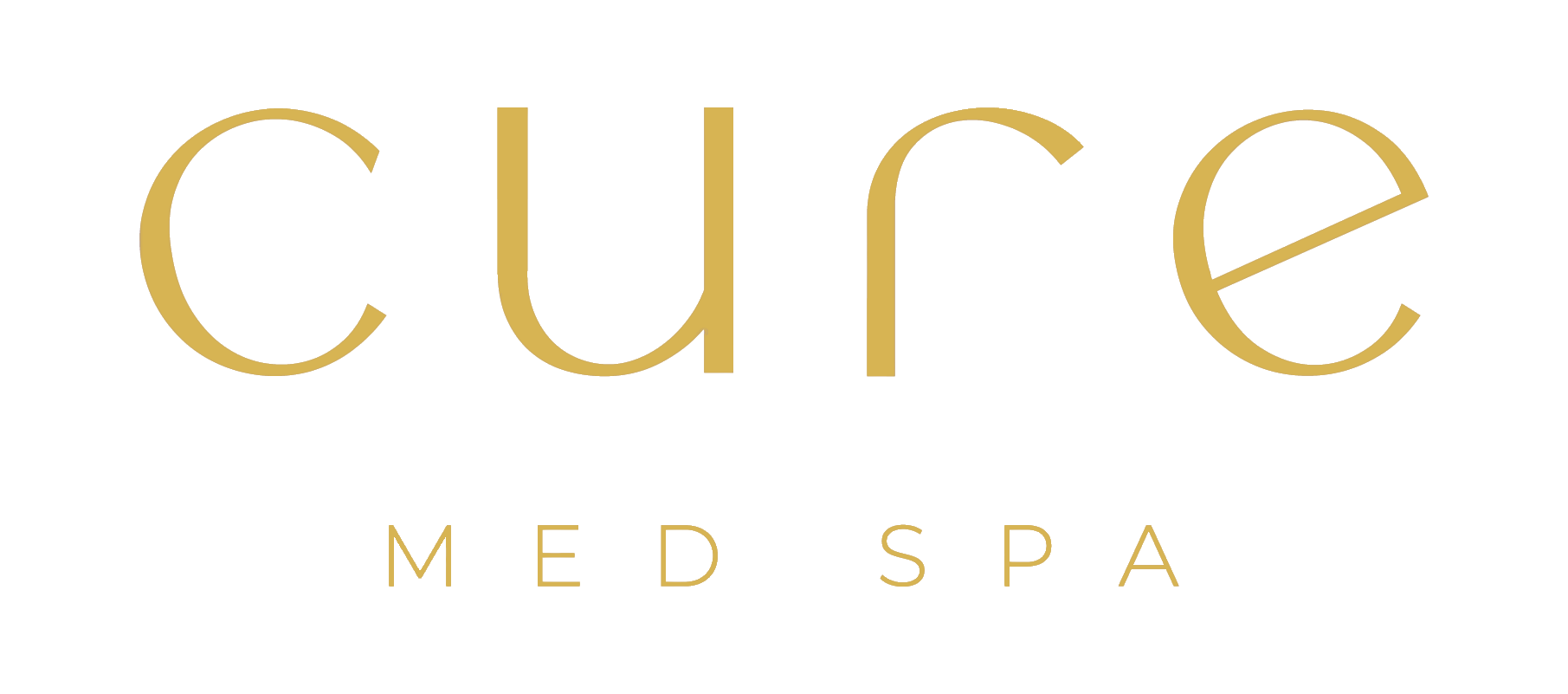
DO CHEMICAL PEELS HELP ACNE?
You’re not a teenager anymore, but your skin is breaking out as if you just celebrated your sweet sixteen. There could be a couple of reasons why you are dealing with acne in adulthood. If you have suffered from acne, you probably heard about chemical peels at some point. We have received many questions from patients who had little idea if a chemical peel could help them overcome their acne problems.
Here are the top 3 acne myths you need to stop believing, and how to protect your skin from acne harm.
Myth No. 1 Eating patterns do not affect the spreading of acne
You may be surprised to find that your breakouts could be the result of your diet. The right eating habits can make or break how good your skin looks, so if you want to rock a glowing, radiant complexion, read on. There is old research that claims there is no connection between diet and acne, but new studies have found that products with a high glycaemic index (GI) such as white bread, soda, chocolate, and milk can not only aggravate acne but sometimes trigger it too.
Eat products that will help you keep your skin clear:
Products with a low glycemic index such as whole-wheat bread, cashew nuts, cauliflower, and cucumbers will help to reduce acne spreading. Zinc is contained in eggs, meat, mushrooms, and seafood and can help to restore the skin. Vitamin A facilitates the healing of acne. It is a reason to include carrots, cabbage, and spinach in your diet.
Myth No. 2 Decorative cosmetics cause acne
Does makeup cause acne? A common concern when shopping for cosmetics is if makeup can cause acne? Looking for products to suit each skin tone and type is hard enough. However, not all cosmetic products can cause acne.
Products marked as non-comedogenic are produced specially for problematic skin types. These types of products don’t clog pores through the formation of blackheads.
Avoid cosmetics containing alcohol and oils. Alcohols dry the skin and cause skin irritation, which, in turn, causes acne to spread. Oils make the skin greasy and clog the pores.
Myth No. 3 Toothpaste helps to get rid of acne
Toothpaste contains baking soda, essential oils, hydrogen peroxide, menthol, and triclosan which can help sanitize the skin and dry acne but can also cause irritations and rashes. In the long run, it can lead to more breakouts.
Extra tip to reduce acne scars and improve the tone, texture, and clarity of your skin. A well-made chemical peel can certainly help you reduce the appearance of acne and acne scars. A proper chemical peel should be able to reduce the appearance of your acne and acne scars, as well as the appearance of fine lines and wrinkles.
In addition to these benefits, chemical peels can stimulate your natural production of collagen to create a rejuvenated, more youthful, and vibrant appearance.
WHO IS A CHEMICAL PEEL FOR?
Ideal candidates for a chemical peel are fair to medium in skin color and are looking to heal acne and reverse the signs of early aging and skin damage.
WHAT DOES A CHEMICAL PEEL FEEL LIKE?
A chemical peel is relatively painless. If you are more sensitive, you may experience a mild tingling sensation. A cooling device may be used to minimize any discomfort.
HOW LONG DOES A CHEMICAL PEEL TAKE?
The chemical peel treatment takes between 20 to 45 minutes. Typically patients require little to no downtime after the peel and may expect some moderate peeling for a couple of days after the treatment for acne.
During the peeling process, the skin may have unusual coloring with red, brown, or yellowish tones, but more commonly it looks like a slight sunburn that is flaking off.
WHAT RESULTS CAN I EXPECT FROM A CHEMICAL PEEL?
Most patients usually notice an improvement after the first peel; for ideal results, Cure recommends 3 to 6 treatments spaced 3 to 4
IS A CHEMICAL PEEL THE BEST TREATMENT FOR ACNE?
From peels to laser treatments, there are different methods that can help acne and acne scars, but your best chance is to embark on a treatment plan to address acne for good. Remember, everything starts with a consultation. Do not opt-in for treatments just because they worked for someone else, as everyone is different, hence the treatment plan.



